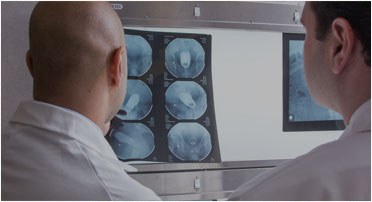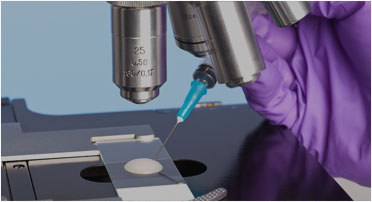HOLLY & JUSTIN
Vasectomy Reversal Patient
Compassionate care with award winning patient satisfaction.
Vasectomy Reversal

PEYRONIE'S DISEASE

Vasectomy

Male Infertility

Erectile Dysfunction

Low Testosterone

BPH

Kidney Stone

Testicular Pain

Varicocele

penile implants

Male Fertility Services

Urolift

Male Urinary Leakage

Urethral Stricture Disease

HOLLY & JUSTIN
Vasectomy Reversal Patient
Architect | Jan 20, 2015
My name is Holly Day. My husband Justin and I were having trouble conceiving for over 2 years. After Justin’s surgery with Dr. Shridharani in December of 2014, we are now expecting a baby in January 2016. This wouldn’t have been possible without him, so for that we are extremely grateful. He is truly an amazing doctor and works is a very professional manner. Hopefully our success will be encouraging for others facing fertility problems! Thanks again for everything Dr. S!!
Compassionate care with award winning patient satisfaction.
Dr. Anand Shridharani © 2019 - Medical Website Marketing by MyAdvice
